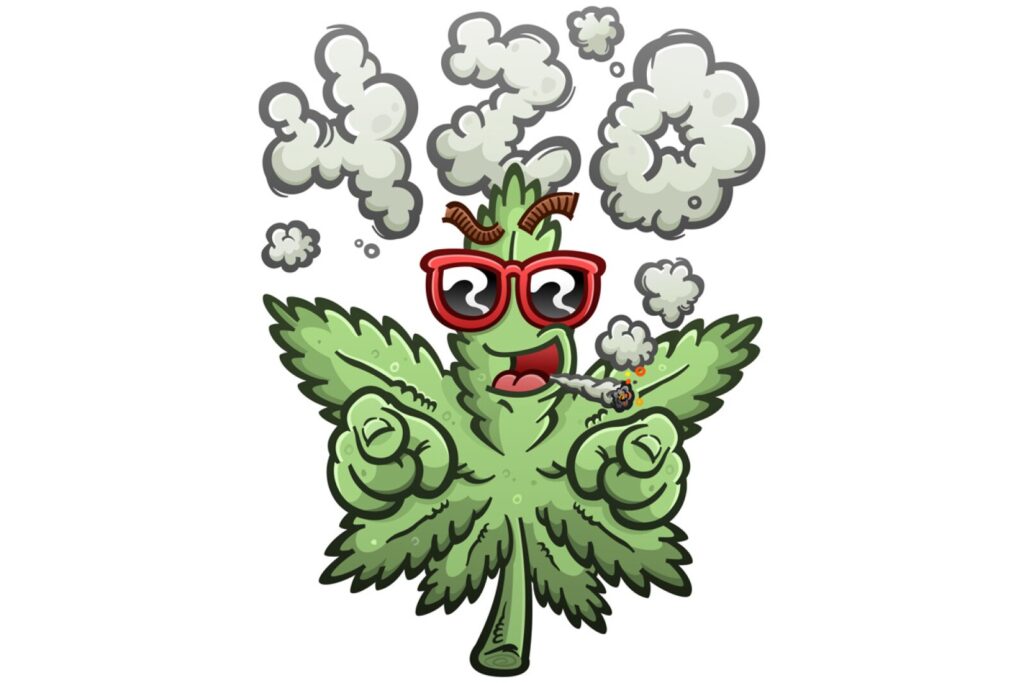Marijuana is legal in Minnesota for adults 21 and older. The state became the 23rd state to allow legal possession and cultivation of marijuana. Although legal cannabis sales are not scheduled until early 2025, April 20 celebrations are common across the state.
Cannabis users, many retailers, and influencers celebrate the counterculture holiday in a variety of ways. April is the perfect time for cannabis drug education. As cannabis becomes more mainstream, children and teens likely have questions.
Parents and educators can have a positive influence and help young people understand the risks and what to watch out for.
Before legalization, nearly half of Minnesotans age 12 and older reported having used marijuana at least once. Approximately 9% of adults ages 21 and older reported using marijuana in the past 30 days, and 12% of youth ages 12 to 20 reported using marijuana in the past 30 days. In the 2020 Minnesota Youth Survey, 18.2% of high school students reported having smoked marijuana, a significant increase from 11.4% of high school students in 2017.
Drug education can have a huge impact. When speaking to children and teens, parents and educators should keep the conversations age-appropriate and use language and examples that the child or teen can understand.
More importantly, you can put yourself in the shoes of young people. Young people often face significant challenges and pressures, both at school and on social media. It helps to understand what they are facing.
When you talk to them, ask them questions, such as what they know about cannabis, and answer their questions. Stay calm and relaxed, stay positive, don't get preachy, and be clear and concise about rules and boundaries. Choose a casual time to have a conversation about cannabis. Don't make a fuss about it. But even as you get older, keep talking to them and let them know you'll always be there for them.
Additionally, it's okay to set rules, guidelines, and expectations, and create them together as a family or class. Parents and educators can clearly understand the consequences without scaring or lecturing. Be clear about your expectations regarding cannabis use.
Lastly, let's talk about peer pressure and how to deal with peer pressure.
As parents and educators, we need to understand that people of all ages take risks, but some risks can be avoided with the knowledge to effectively manage peer pressure. can.
The goal of drug education is to help children and teens make good choices as they age and to help them understand the risks associated with drugs and alcohol.
Marcel Gem, a resident of Clearwater, Florida, said:
DRS
(addicted.org) and has been helping people struggling with substance use for over 20 years, focusing on education, prevention, and rehabilitation. He wrote this exclusively for the News Tribune.



